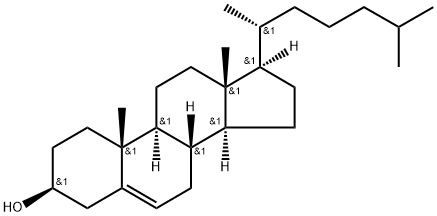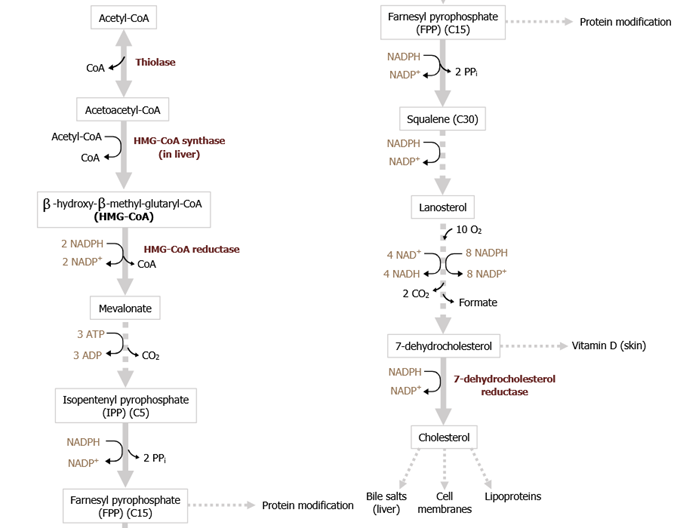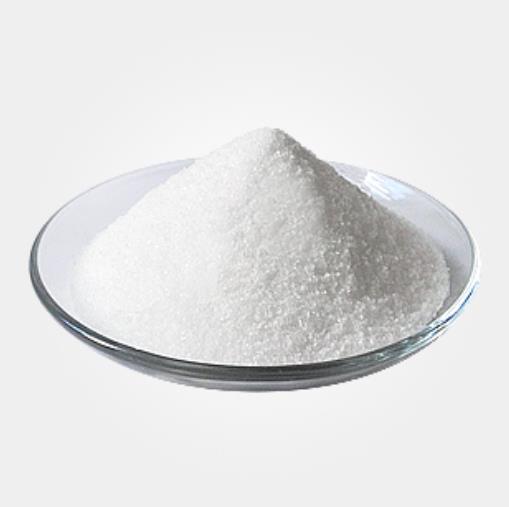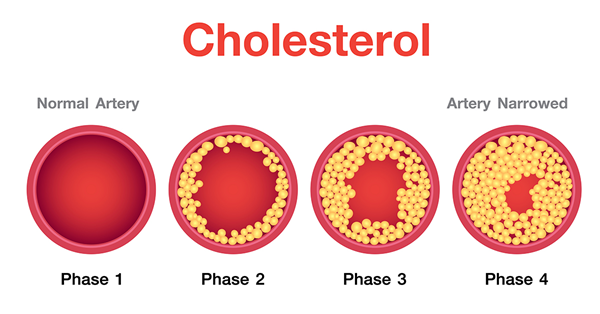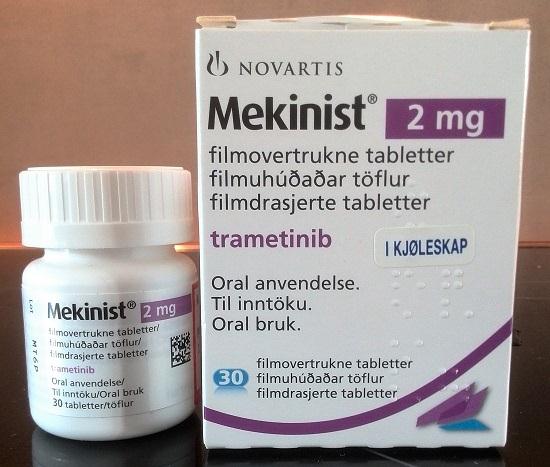Clinical Significance of Cholesterol
Cholesterol is a fat-like, waxy substance that helps your body make cell membranes, many hormones, and vitamin D. The cholesterol in your blood comes from two sources: the foods you eat and your liver.
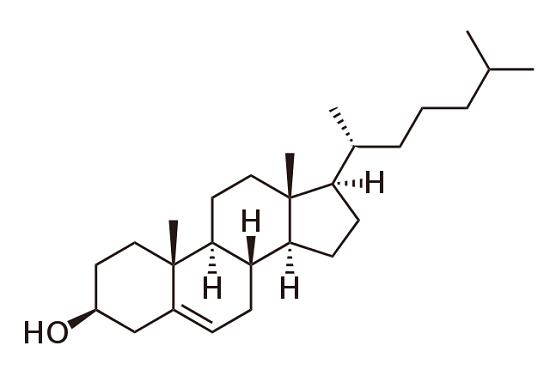
Sources of Cholesterol
Cholesterol is closely related to the body tissues, bile acids and hormones. It is an indispensable substance of animal tissue cells, which is not only involved in the formation of cell membranes, but also as the precursor for the synthesis of bile acids, steroid hormones and vitamin D3. There are two sources of cholesterol with exogenous sources of cholesterol coming from dietary and endogenous sources coming from the body's own endogenous synthesis. The increased exogenous cholesterol can cause feedback inhibition of endogenous cholesterol synthesis. Fat in your diet can boost the cholesterol absorption. Cholesterol can be metabolized into bile acids or steroids. The absorption of cholesterol also depends on the cholesterol intake with high intake causing reduction of the percentage of absorption. The absorption percentage of cholesterol in people at high levels of intake is less than 10% with the rest part excreted through the feces. Dietary cholesterol is absorbed in the form of chylomicrons into the bloodstream. Because cholesterol can’t be dissolved in water and transported in the form of binding with lipoproteins in the blood.
Physiological functions of Cholesterol
The main physiological function of cholesterol participating in forming cell membranes, myelin, brain, and can be further converted to bile acids and steroid hormones. There are two major lipoproteins which are involved in cholesterol transport: the low density lipoprotein (LDL) and high density lipoprotein (HDL). The former can transport cholesterol from the liver to the cells of whole body tissues, while the later one transports cholesterol from tissue cells back into the liver. The cholesterol level in the blood can reflect the overall metabolism condition of cholesterol. The total cholesterol content in the blood plasma of normal adult of empty stomach is about 2.83~5.17mmol/L. Abnormal cholesterol metabolism could easily lead to deposition of cholesterol in the blood vessel wall, forming atherosclerosis, causing coronary heart disease and stroke.
What is the normal range for cholesterol levels?
A total cholesterol level of less than 200 mg/dL (5.17 mmol/L) is normal.
A total cholesterol level of 200 to 239 mg/dL (5.17 to 6.18 mmol/L) is borderline high.
A total cholesterol level of 240 mg/dL (6.21 mmol/L) or greater is high.
You may like
Related articles And Qustion
Lastest Price from Cholesterol manufacturers

US $0.00-0.00/kg2025-04-22
- CAS:
- 57-88-5
- Min. Order:
- 1kg
- Purity:
- 99%
- Supply Ability:
- 20MT

US $0.00/KG2025-04-22
- CAS:
- 57-88-5
- Min. Order:
- 1KG
- Purity:
- 0.99
- Supply Ability:
- 1000KG
